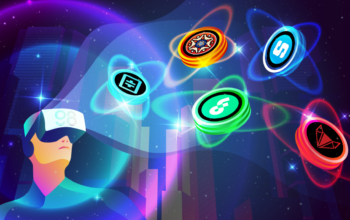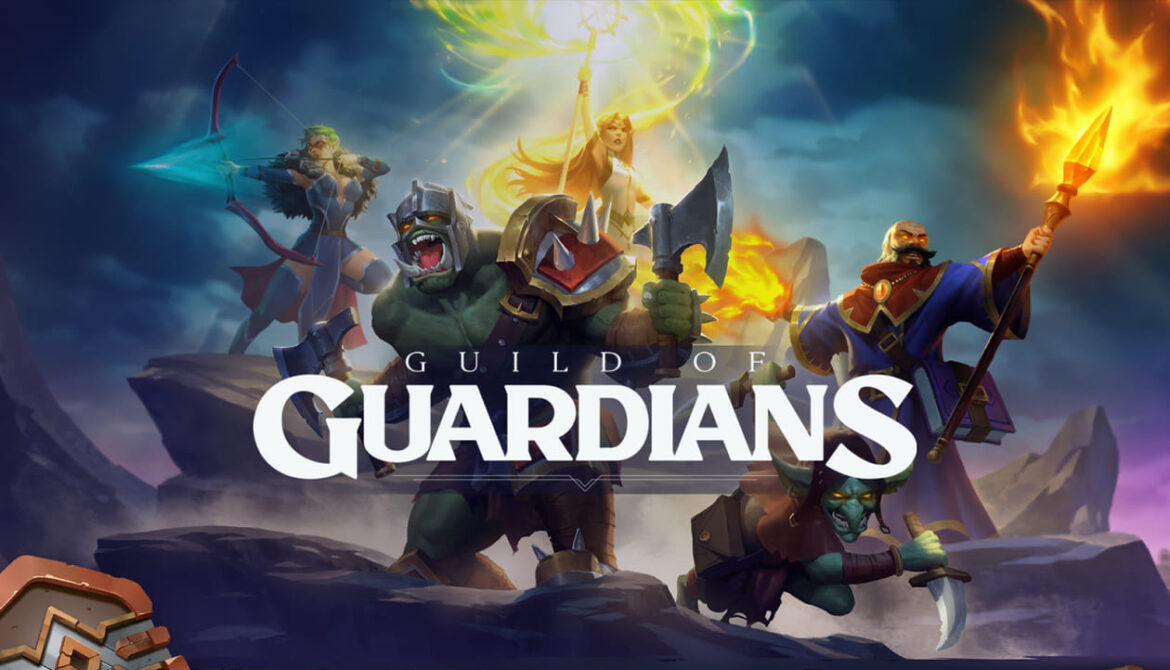
As the popularity of the play-to-earn gaming model has grown, blockchain technology has emerged as a preferred foundation for video game developers looking to cash in on the trend. According to a survey conducted by Stratis and published in November 2021, 64 percent of play to earn scholarship developers based in the United Kingdom and the United States believe blockchain technology will become prevalent in play to earn games within the next two years.
A slew of blockchain-based play to earn scholarships has been released in recent months. The Gods Unchained is one of the more interesting play to earn scholarship (native token: GODS). It’s a competitive trading card game developed on the blockchain. It is similar to other games in the genre, such as Hearthstone or Legends of Runeterra, in that it’s played against other players. Because it is based on the blockchain, players have actual ownership over their cards, just as if they were real and tangible objects in their hands.
This guide aims to explain what God’s Unchained is about, how it works, how you can use GODS tokens and NFTs, and where you can purchase GODS tokens. All this detailed information will teach you how to invest in this game and earn as much crypto as you can in the shortest time possible.
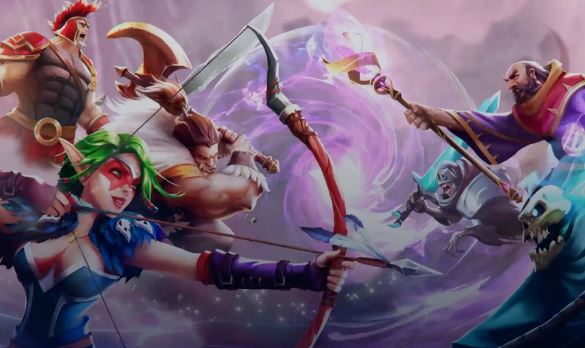
What Is God’s Unchained (GODS)?
In Gods Unchained (GODS), you will be rewarded for participating in a free-to-play competitive trading card game based on the blockchain. Players must outsmart their opponents by building powerful decks and employing combat tactics to achieve victory. In Gods Unchained, players have complete ownership of all in-game items, which means they can trade or sell their cards in any manner they see fit — just like they would with real-world cards.
According to reports, gamers spent $87 billion on in-game assets in 2019. But how much money players receive in exchange for their purchases was unclear. $0. Despite the popularity of competitive card games such as Hearthstone, Runeterra, and Magic: The Gathering Arena, they do not provide their players with actual ownership of the digital assets they generate. These companies only license cosmetic items, such as skins or card decks, to players who purchase these items from them.
According to the game’s developer, Gods Unchained is looking to shake things up by granting players complete ownership of all in-game assets. It creates non-fungible tokens (NFTs) to represent cards and other assets on the Ethereum network, allowing players to claim actual ownership of the assets. Because NFTs are immutable, the Gods Unchained developers will be unable to alter the value of cards, nerf them, or take them away from players once they have been acquired.
Built on the Ethereum blockchain, the play to earn scholarship, which had its beta launch in 2018, has a native ERC-20 token called GODS that can purchase items in the game. When it comes to conducting trades and paying for transactions, the token serves as the virtual currency of the universe. As part of its innovative contract technology, the platform mints NFTs, which are used to represent collectible in-game assets and are available for purchase.
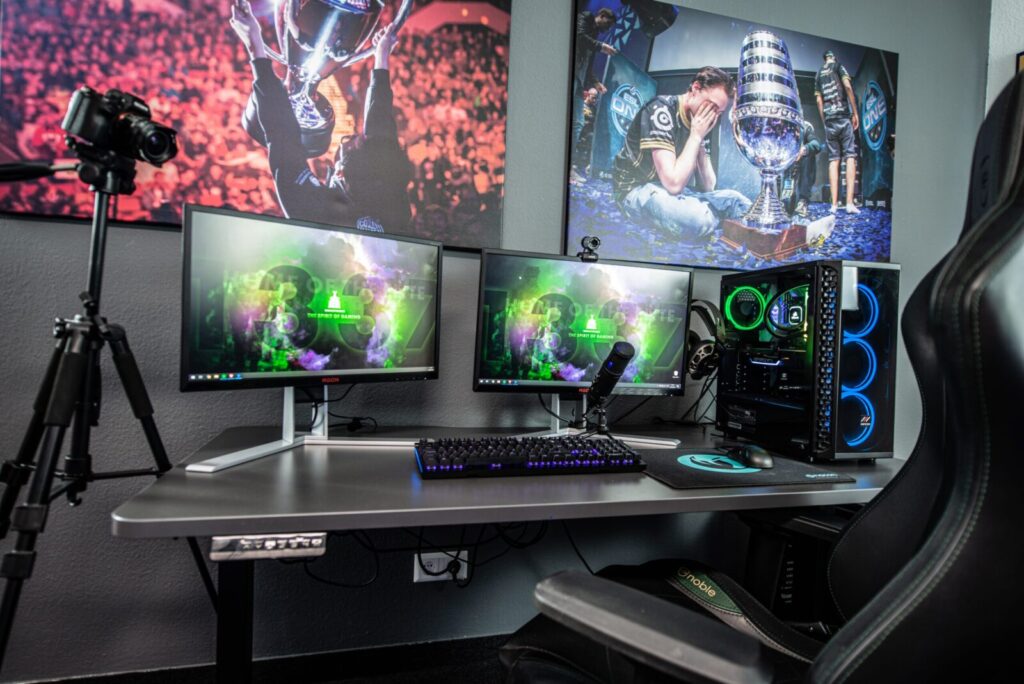
Gods Unchained Gameplay
Gods Unchained is frequently compared to other popular fantasy card games with cult followings, such as Magic: The Gathering and Hearthstone. However, it is still a relatively new game. In fact, Chris Clay, who previously served as the game director for MTG Arena and as an executive at Wizards of the Coast LLC, is in charge of the game’s development. Clay left Wizards of the Coast in 2018 to devote his time to the development of Gods Unchained.
Gameplay options in Gods Unchained include competitive arenas where players can compete for glory, win and collect cards through matches, buy and sell cards in the game’s marketplace, and build the perfect deck to climb the leaderboards. It is free to participate in the game (though not pay-to-earn). It is primarily concerned with fair and competitive competition.
New players receive 140 cards as part of their free welcome package, allowing them to build various basic decks for themselves and their friends. They can earn more cards by playing and participating in tournaments (whether they win or lose). Players play to earn rewards through participation in weekly ranked tournaments, which is a play-to-earn (P2E) model. Players can earn rewards by participating in weekly-rated contests.
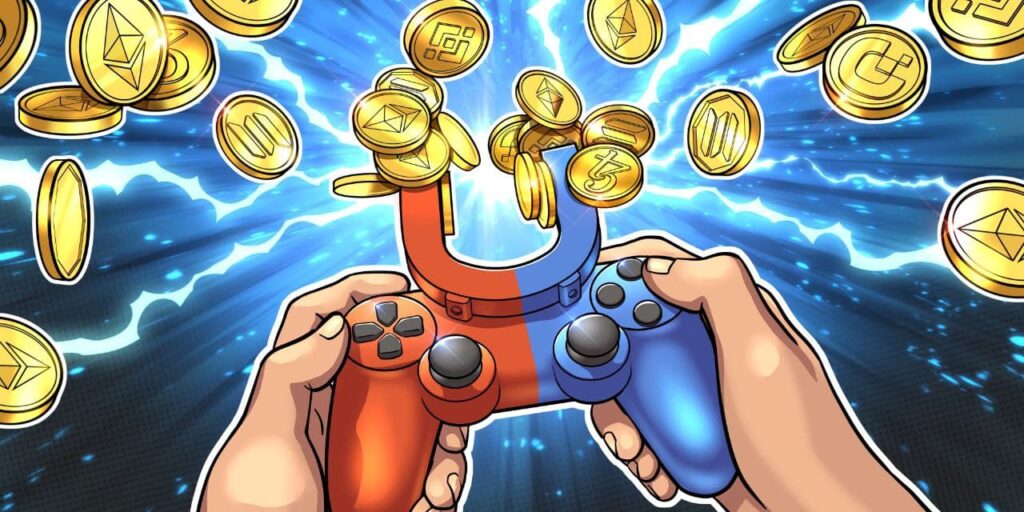
Several other projects in the GameFi blockchain gaming space, including Illuvium (ILV), Axie Infinity (AXS), Genopets (GENE), and My Neighbor Alice (MNA), have demonstrated that the P2E model works and have adopted it as the best practice (ALICE).
Gods Unchained NFT
Because this would completely congest the Ethereum network, NFT cards in Gods Unchained aren’t just minted and handed out without some effort on the player’s part. Players gain access to Common Core digital card packs due to their participation in games. Before being able to turn those cards into NFTs, players must first obtain a crafting ingredient known as Flux by winning ranked tournaments in the game.
Once a player has amassed a sufficient amount of Flux, they can head over to the Forge and fuse their Core cards together to create higher quality ones minted as non-fungible tokens (NFTs) on Ethereum and thus have real-world value. Generally speaking, rare cards have higher innate value and are more sought after. In contrast, primary defense NFT cards are available for trade on God’s Unchained marketplace.
Final Words
To change the norm in the play-to-earn gaming industry, Gods Unchained intends to provide its players with complete ownership of their digital assets. According to the developers, future updates to the game will include a slew of entertaining additions. Purchase GODS tokens on the By bit cryptocurrency trading platform today to make an investment in this exciting new GameFi project!
More to read: How Teenagers Can Earn Money from Play To Earn Games

